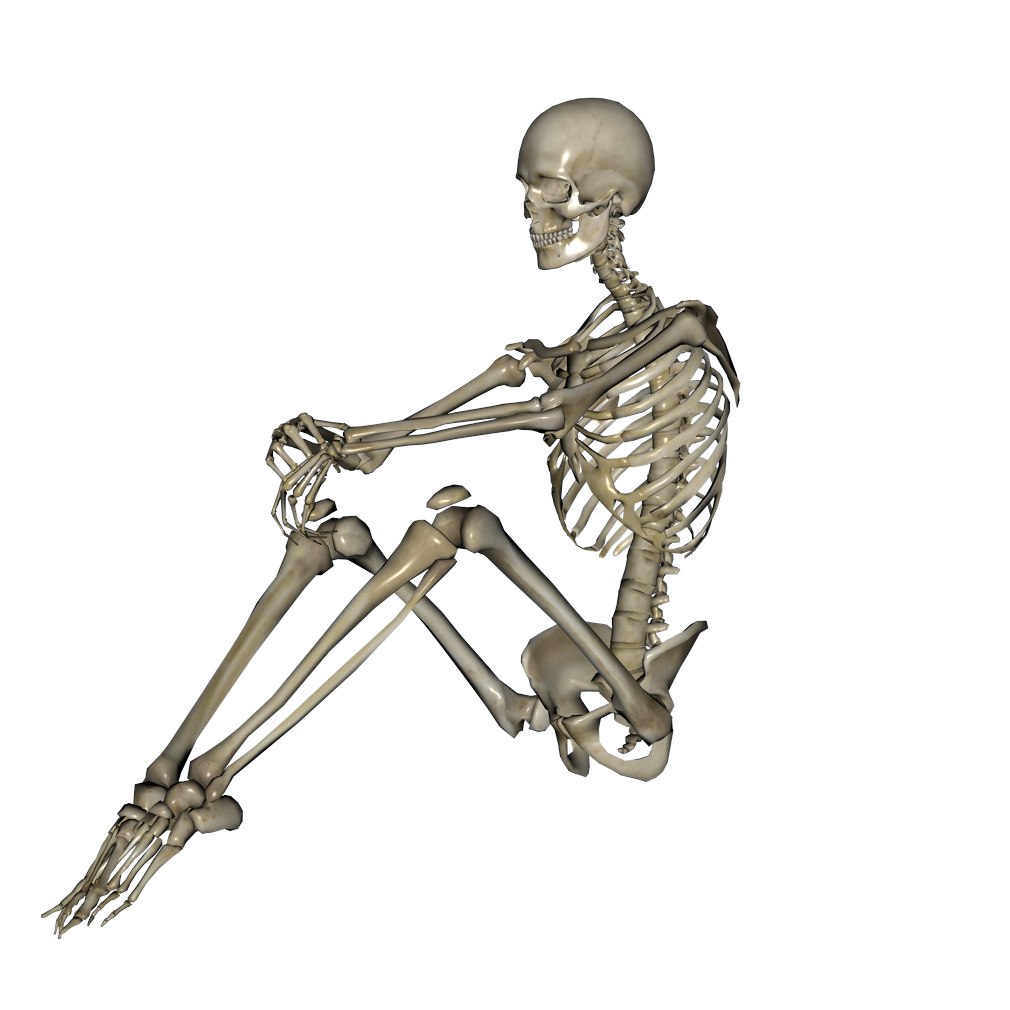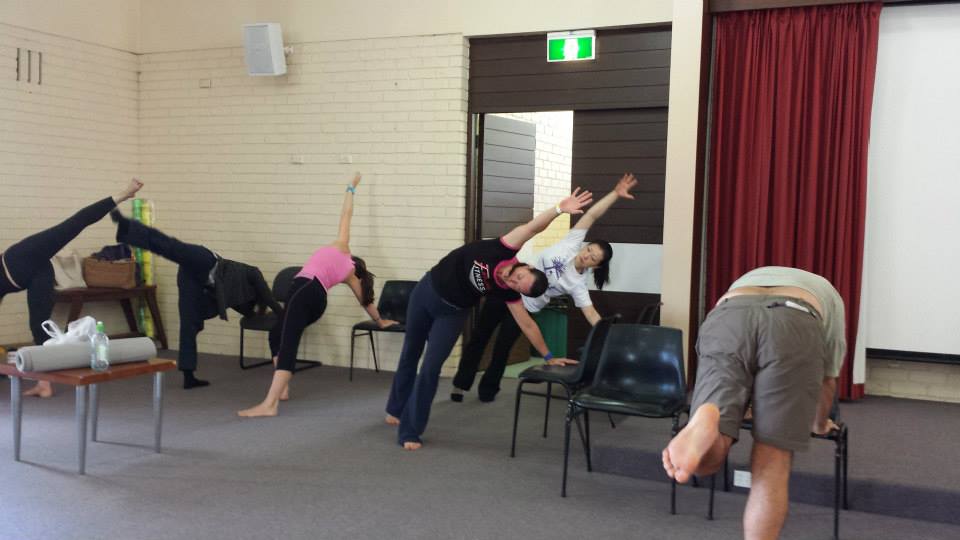Massage therapy for shoulder pain managenment of Post-Laparoscopic Cholecystectomy
A study from Turkey published in BMC Nursing investigated the impact of shoulder massage on shoulder pain and sleep quality in patients who had undergone laparoscopic cholecystectomy, a common surgical procedure to remove the gallbladder. After laparoscopic cholecystectomy, patients typically experience three types of pain: parietal, visceral, and shoulder pain. While parietal and visceral pain generally decrease within 24 to 48 hours, shoulder pain may intensify over time. The most severe pain is often reported in the right upper quadrant of the back, radiating towards the shoulder, particularly within the first 24 hours after surgery. This pain is believed to be caused by increased abdominal pressure, trauma to the abdominal wall, and irritation of the phrenic nerve. Despite efforts to manage the pain through early patient mobilization and the use of various analgesics, the pain often remains inadequately controlled.
The study was a randomized controlled trial involving 60 patients who had the surgery at a university hospital. The participants were divided into two groups: 30 patients received shoulder massages at 6-hour intervals, while the other 30 served as a control group and did not receive the massage. Data were collected using the Visual Analog Scale (VAS) for pain and the Richard Campbell Sleep Scale to assess sleep quality.
The results showed that patients in the massage group experienced a significant reduction in shoulder pain 30 minutes after the massage compared to the control group. However, the pain levels in both groups were similar 6 hours after the massage. Additionally, the patients who received the massage reported significantly better sleep quality than those in the control group.
In conclusion, the study found that shoulder massage provided short-term relief from shoulder pain and improved sleep quality in patients after laparoscopic cholecystectomy. These findings suggest that incorporating shoulder massage into postoperative care could be an effective way to manage pain and enhance sleep quality in these patients.

